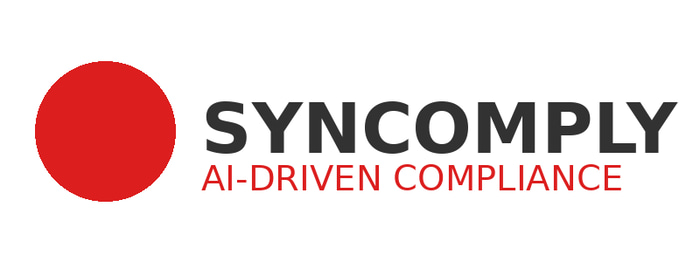The Future of Compliance: Embracing Automation and AI
4/6/20252 min read


The Evolution of Compliance in Business
In recent years, the regulatory landscape has become increasingly complex, necessitating a responsive and agile approach to compliance. As organizations face mounting pressure to adhere to stringent regulations, the integration of modern technologies has proven to be vital. The future of compliance clearly leans towards automation and artificial intelligence (AI), which promise to streamline processes and enhance accuracy.
The Role of Automation in Compliance
Automation technology facilitates the execution of repetitive compliance tasks with minimal human intervention. Companies harnessing automation can efficiently manage data collection, reporting, and regulatory assessments. By implementing these technologies, organizations not only reduce the risk of human error but also allow their compliance teams to focus on strategic initiatives rather than mundane tasks. The result is a more robust compliance framework that can adapt to changing regulations.
Artificial Intelligence: Transforming Compliance Strategies
The scope of AI extends far beyond automation; it offers predictive analytics and machine learning capabilities that can foresee compliance challenges before they arise. By analyzing large datasets, AI can identify patterns and anomalies that may indicate potential compliance breaches. Furthermore, with the capacity to learn from past data, AI systems can improve their recommendations over time, ensuring that businesses remain one step ahead of regulatory expectations.
As organizations evolve in their compliance strategies, the combination of automation and AI will prove necessary. Compliance measures powered by these technologies can enhance reporting accuracy, reduce operational costs, and provide real-time insights, contributing to a proactive compliance culture.
Challenges and Considerations
However, the transition to automated and AI-driven compliance is not without its challenges. Concerns surrounding data privacy, security, and the need for employee training are pertinent. Organizations must ensure that their systems are secure and adhere to data protection regulations, thereby safeguarding sensitive information. Furthermore, training staff on new technologies will be essential to maximize their benefits fully.
In conclusion, the future of compliance lies in the strategic implementation of automation and AI technologies. By prioritizing these tools, organizations can not only enhance their compliance capabilities but also foster a culture of continuous improvement and innovation. As the compliance landscape continues to evolve, those who embrace these transformative technologies will undoubtedly gain a competitive advantage in navigating the complexities of regulatory requirements.
